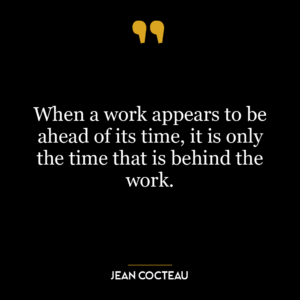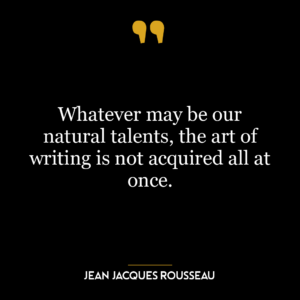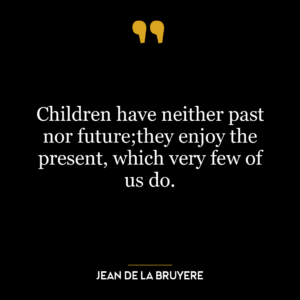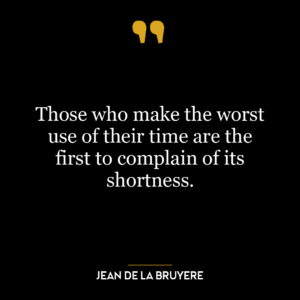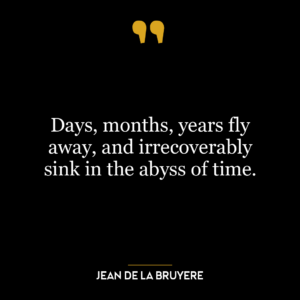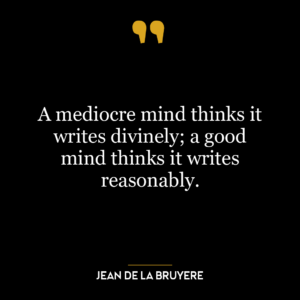This quote essentially emphasizes the role of deadlines in enhancing productivity and creativity, specifically in the field of journalism. Karl Kraus suggests that a journalist’s best work is often produced under pressure, when the ticking clock creates a sense of urgency that stimulates their thought processes and writing skills. Conversely, when a journalist has ample time, they may overthink, procrastinate, or become complacent, leading to subpar work.
Kraus’ idea can be linked to the psychological concept of “Parkinson’s Law,” which states that work expands to fill the time available for its completion. When faced with a tight deadline, a journalist (or any individual) is forced to focus, prioritize, and make efficient use of their time and resources. This can often lead to more innovative ideas and better-quality work, as the individual is more engaged and less likely to be distracted by irrelevant details.
However, when given too much time, the individual may become lost in unnecessary details, second-guess their decisions, or simply put off the task, resulting in poorer quality work. This is why some people seem to work better under pressure – the increased stress and urgency can actually enhance their performance.
In today’s fast-paced world, this idea is more relevant than ever. In both professional and personal settings, people often face tight deadlines and high-pressure situations. Understanding the stimulating effect of deadlines can help individuals manage their time more effectively, prioritize their tasks, and improve their productivity. It can also be a useful tool for managers and team leaders, who can set strategic deadlines to motivate their team members and optimize their performance.
In terms of personal development, this concept can be applied to goal-setting and self-improvement efforts. By setting specific, time-bound goals, individuals can create a sense of urgency that motivates them to take action and strive for improvement. This can be particularly effective in areas such as fitness, learning new skills, or achieving career milestones. However, it’s also important to balance this with periods of rest and relaxation, to avoid burnout and maintain overall well-being.




